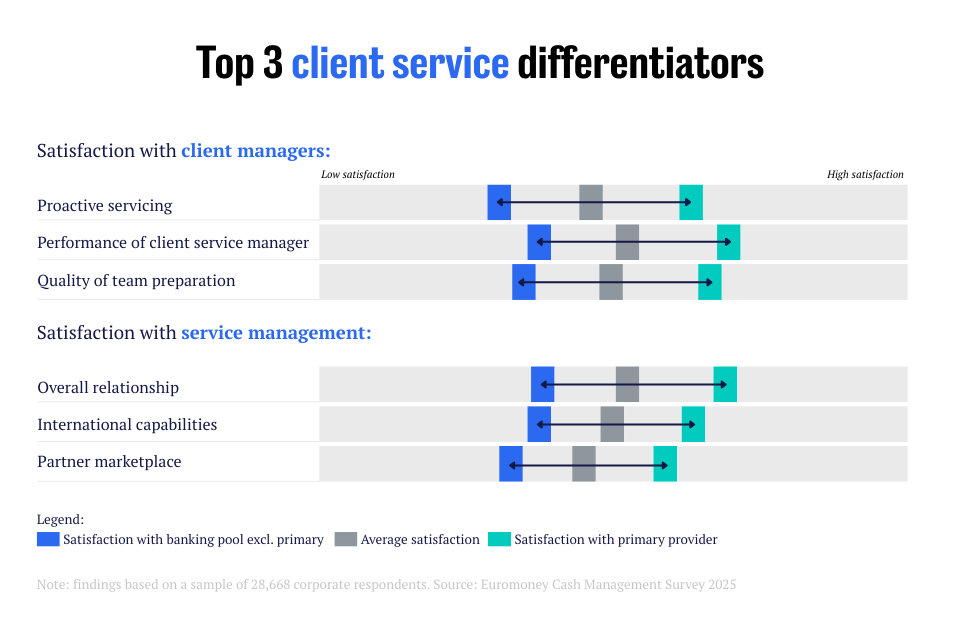It is tempting to see instant payments as all upside. On the way in, they help businesses manage their capital more efficiently and they reduce the need for expensive short-term financing. But they also mean cash is going out of the door that much faster, which can hurt the unwary.
The direction of travel is clear: the real-time payment market is worth about $26 billion to $28 billion, and analysts project a compound annual growth rate of between 16% and 35% over the rest of this decade.
Access intelligence that drives action
To unlock this research, enter your email to log in or enquire about access





